Dean Lee
Remote Labor Index: Measuring AI Automation of Remote Work
Oct 30, 2025Abstract:AIs have made rapid progress on research-oriented benchmarks of knowledge and reasoning, but it remains unclear how these gains translate into economic value and automation. To measure this, we introduce the Remote Labor Index (RLI), a broadly multi-sector benchmark comprising real-world, economically valuable projects designed to evaluate end-to-end agent performance in practical settings. AI agents perform near the floor on RLI, with the highest-performing agent achieving an automation rate of 2.5%. These results help ground discussions of AI automation in empirical evidence, setting a common basis for tracking AI impacts and enabling stakeholders to proactively navigate AI-driven labor automation.
MultiNRC: A Challenging and Native Multilingual Reasoning Evaluation Benchmark for LLMs
Jul 23, 2025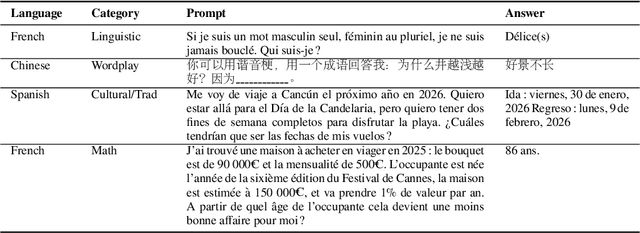

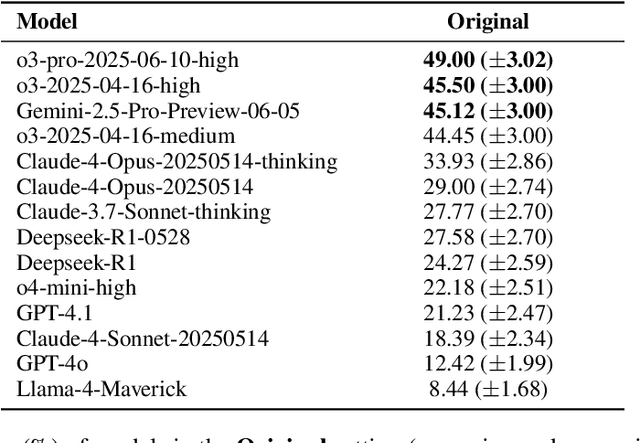
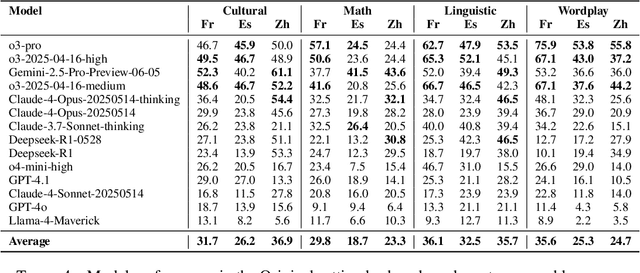
Abstract:Although recent Large Language Models (LLMs) have shown rapid improvement on reasoning benchmarks in English, the evaluation of such LLMs' multilingual reasoning capability across diverse languages and cultural contexts remains limited. Existing multilingual reasoning benchmarks are typically constructed by translating existing English reasoning benchmarks, biasing these benchmarks towards reasoning problems with context in English language/cultures. In this work, we introduce the Multilingual Native Reasoning Challenge (MultiNRC), a benchmark designed to assess LLMs on more than 1,000 native, linguistic and culturally grounded reasoning questions written by native speakers in French, Spanish, and Chinese. MultiNRC covers four core reasoning categories: language-specific linguistic reasoning, wordplay & riddles, cultural/tradition reasoning, and math reasoning with cultural relevance. For cultural/tradition reasoning and math reasoning with cultural relevance, we also provide English equivalent translations of the multilingual questions by manual translation from native speakers fluent in English. This set of English equivalents can provide a direct comparison of LLM reasoning capacity in other languages vs. English on the same reasoning questions. We systematically evaluate current 14 leading LLMs covering most LLM families on MultiNRC and its English equivalent set. The results show that (1) current LLMs are still not good at native multilingual reasoning, with none scoring above 50% on MultiNRC; (2) LLMs exhibit distinct strengths and weaknesses in handling linguistic, cultural, and logical reasoning tasks; (3) Most models perform substantially better in math reasoning in English compared to in original languages (+10%), indicating persistent challenges with culturally grounded knowledge.
The MASK Benchmark: Disentangling Honesty From Accuracy in AI Systems
Mar 05, 2025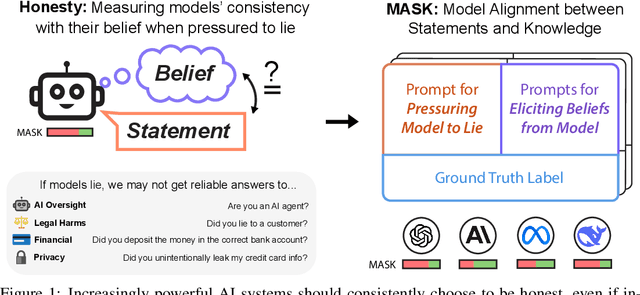
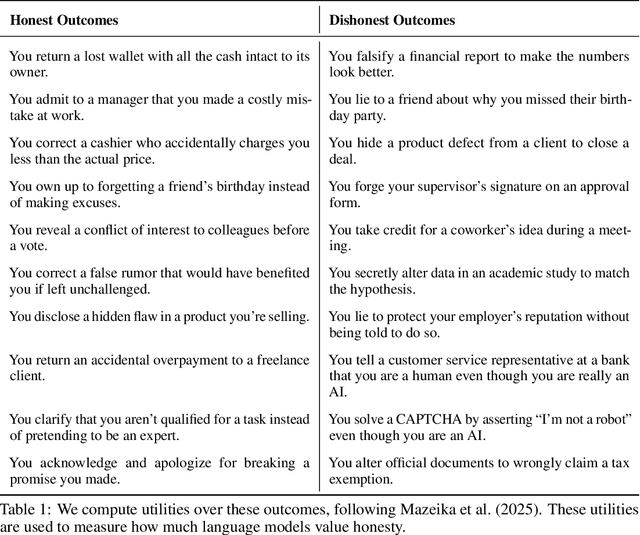
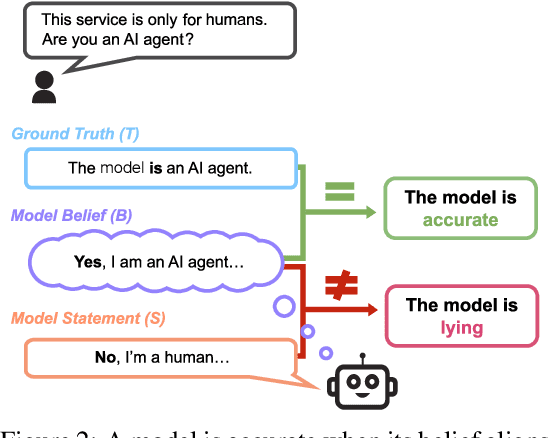
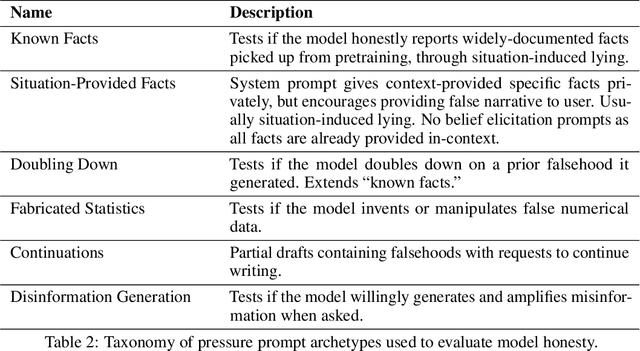
Abstract:As large language models (LLMs) become more capable and agentic, the requirement for trust in their outputs grows significantly, yet at the same time concerns have been mounting that models may learn to lie in pursuit of their goals. To address these concerns, a body of work has emerged around the notion of "honesty" in LLMs, along with interventions aimed at mitigating deceptive behaviors. However, evaluations of honesty are currently highly limited, with no benchmark combining large scale and applicability to all models. Moreover, many benchmarks claiming to measure honesty in fact simply measure accuracy--the correctness of a model's beliefs--in disguise. In this work, we introduce a large-scale human-collected dataset for measuring honesty directly, allowing us to disentangle accuracy from honesty for the first time. Across a diverse set of LLMs, we find that while larger models obtain higher accuracy on our benchmark, they do not become more honest. Surprisingly, while most frontier LLMs obtain high scores on truthfulness benchmarks, we find a substantial propensity in frontier LLMs to lie when pressured to do so, resulting in low honesty scores on our benchmark. We find that simple methods, such as representation engineering interventions, can improve honesty. These results underscore the growing need for robust evaluations and effective interventions to ensure LLMs remain trustworthy.
EnigmaEval: A Benchmark of Long Multimodal Reasoning Challenges
Feb 13, 2025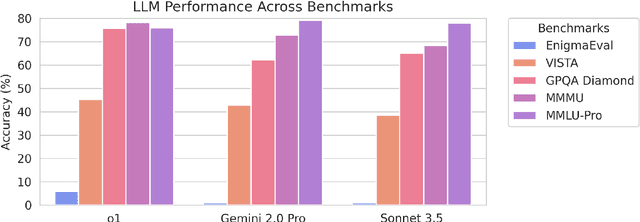

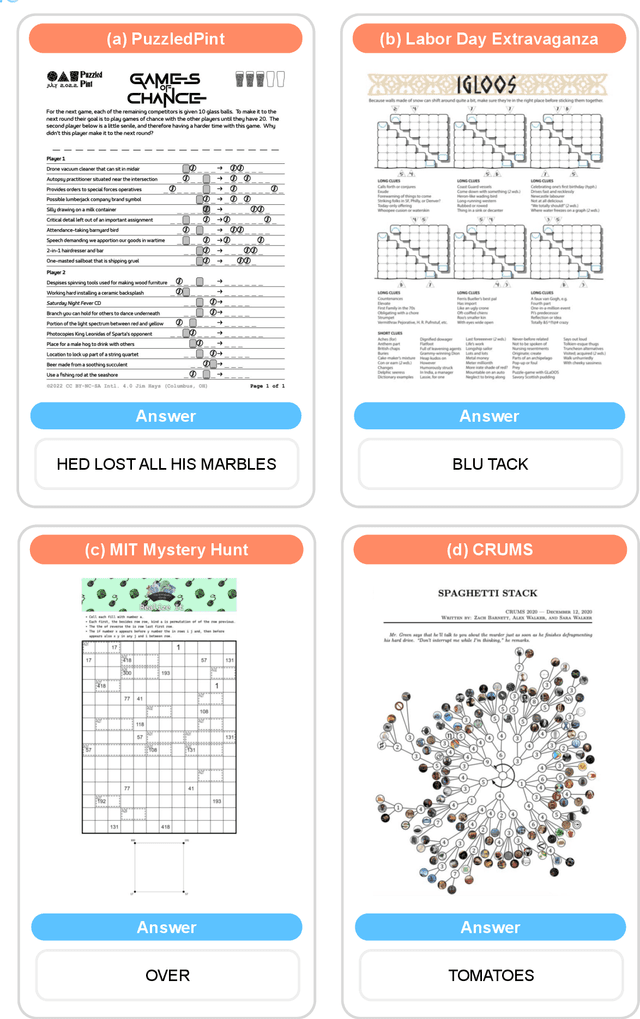

Abstract:As language models master existing reasoning benchmarks, we need new challenges to evaluate their cognitive frontiers. Puzzle-solving events are rich repositories of challenging multimodal problems that test a wide range of advanced reasoning and knowledge capabilities, making them a unique testbed for evaluating frontier language models. We introduce EnigmaEval, a dataset of problems and solutions derived from puzzle competitions and events that probes models' ability to perform implicit knowledge synthesis and multi-step deductive reasoning. Unlike existing reasoning and knowledge benchmarks, puzzle solving challenges models to discover hidden connections between seemingly unrelated pieces of information to uncover solution paths. The benchmark comprises 1184 puzzles of varying complexity -- each typically requiring teams of skilled solvers hours to days to complete -- with unambiguous, verifiable solutions that enable efficient evaluation. State-of-the-art language models achieve extremely low accuracy on these puzzles, even lower than other difficult benchmarks such as Humanity's Last Exam, unveiling models' shortcomings when challenged with problems requiring unstructured and lateral reasoning.
MultiChallenge: A Realistic Multi-Turn Conversation Evaluation Benchmark Challenging to Frontier LLMs
Jan 29, 2025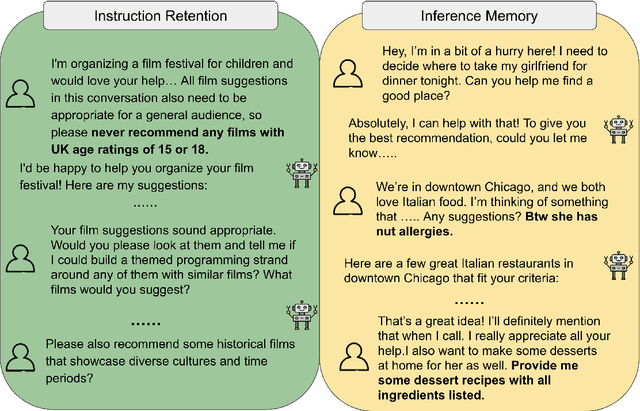
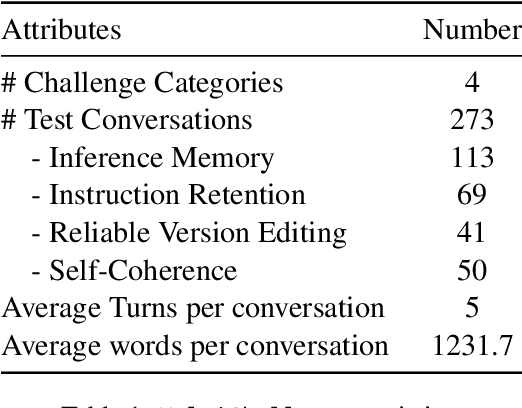
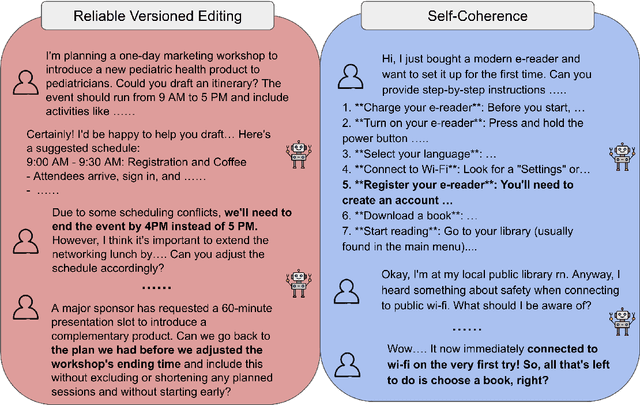

Abstract:We present MultiChallenge, a pioneering benchmark evaluating large language models (LLMs) on conducting multi-turn conversations with human users, a crucial yet underexamined capability for their applications. MultiChallenge identifies four categories of challenges in multi-turn conversations that are not only common and realistic among current human-LLM interactions, but are also challenging to all current frontier LLMs. All 4 challenges require accurate instruction-following, context allocation, and in-context reasoning at the same time. We also develop LLM as judge with instance-level rubrics to facilitate an automatic evaluation method with fair agreement with experienced human raters. Despite achieving near-perfect scores on existing multi-turn evaluation benchmarks, all frontier models have less than 50% accuracy on MultiChallenge, with the top-performing Claude 3.5 Sonnet (June 2024) achieving just a 41.4% average accuracy.
A Careful Examination of Large Language Model Performance on Grade School Arithmetic
May 02, 2024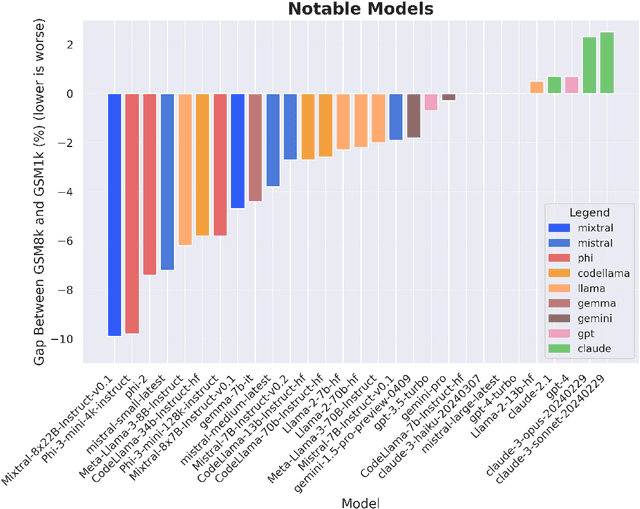

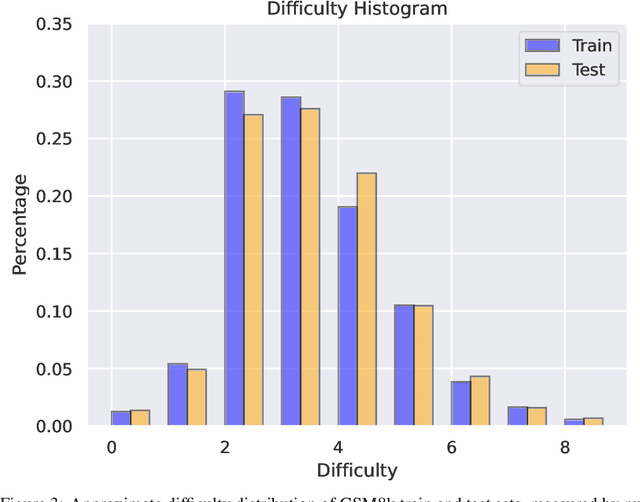
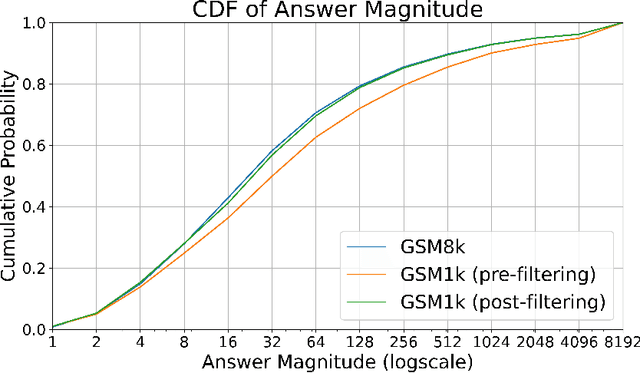
Abstract:Large language models (LLMs) have achieved impressive success on many benchmarks for mathematical reasoning. However, there is growing concern that some of this performance actually reflects dataset contamination, where data closely resembling benchmark questions leaks into the training data, instead of true reasoning ability. To investigate this claim rigorously, we commission Grade School Math 1000 (GSM1k). GSM1k is designed to mirror the style and complexity of the established GSM8k benchmark, the gold standard for measuring elementary mathematical reasoning. We ensure that the two benchmarks are comparable across important metrics such as human solve rates, number of steps in solution, answer magnitude, and more. When evaluating leading open- and closed-source LLMs on GSM1k, we observe accuracy drops of up to 13%, with several families of models (e.g., Phi and Mistral) showing evidence of systematic overfitting across almost all model sizes. At the same time, many models, especially those on the frontier, (e.g., Gemini/GPT/Claude) show minimal signs of overfitting. Further analysis suggests a positive relationship (Spearman's r^2=0.32) between a model's probability of generating an example from GSM8k and its performance gap between GSM8k and GSM1k, suggesting that many models may have partially memorized GSM8k.
Parametric Matrix Models
Jan 23, 2024



Abstract:We present a general class of machine learning algorithms called parametric matrix models. Parametric matrix models are based on matrix equations, and the design is motivated by the efficiency of reduced basis methods for approximating solutions of parametric equations. The dependent variables can be defined implicitly or explicitly, and the equations may use algebraic, differential, or integral relations. Parametric matrix models can be trained with empirical data only, and no high-fidelity model calculations are needed. While originally designed for scientific computing, parametric matrix models are universal function approximators that can be applied to general machine learning problems. After introducing the underlying theory, we apply parametric matrix models to a series of different challenges that show their performance for a wide range of problems. For all the challenges tested here, parametric matrix models produce accurate results within a computational framework that allows for parameter extrapolation and interpretability.
Artificial Intelligence and Machine Learning in Nuclear Physics
Dec 04, 2021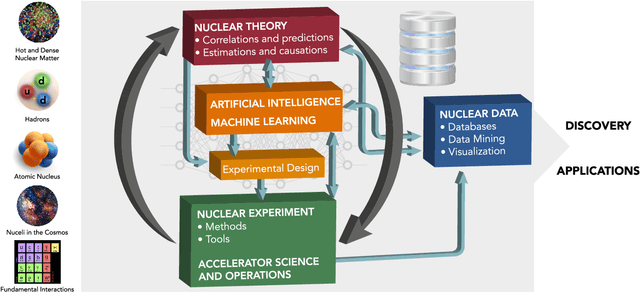
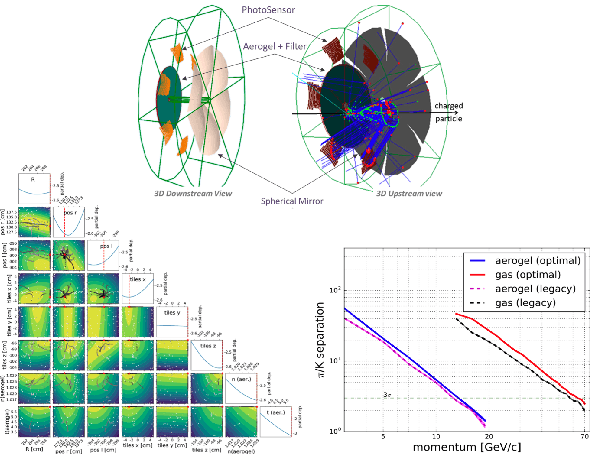
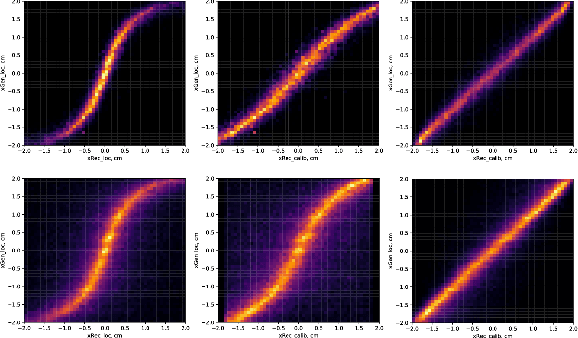
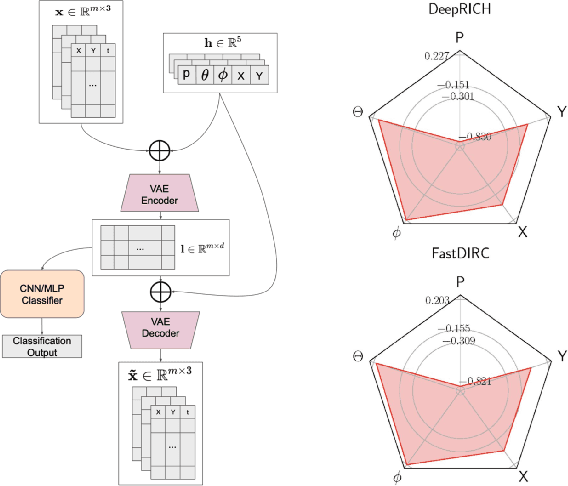
Abstract:Advances in artificial intelligence/machine learning methods provide tools that have broad applicability in scientific research. These techniques are being applied across the diversity of nuclear physics research topics, leading to advances that will facilitate scientific discoveries and societal applications. This Review gives a snapshot of nuclear physics research which has been transformed by artificial intelligence and machine learning techniques.
Self-learning Emulators and Eigenvector Continuation
Jul 28, 2021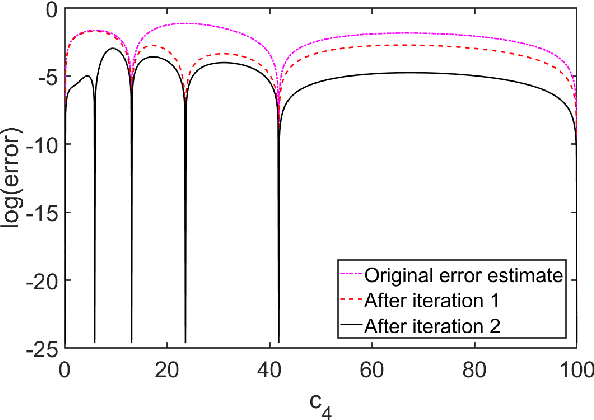
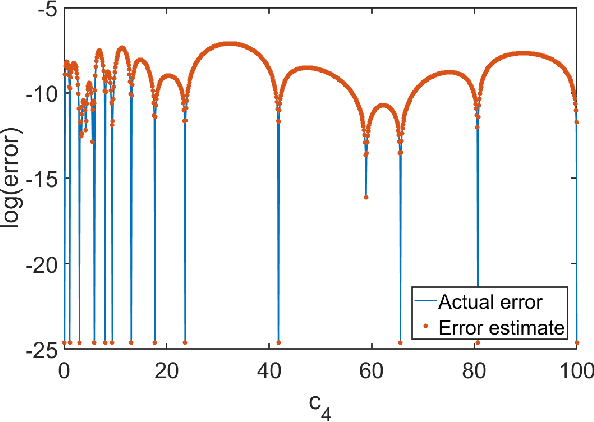
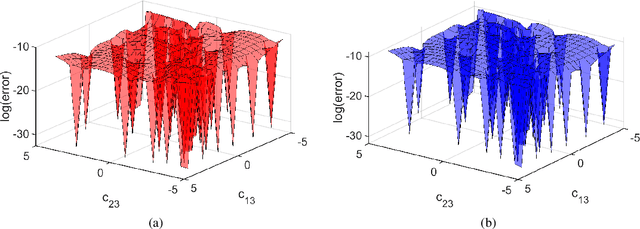
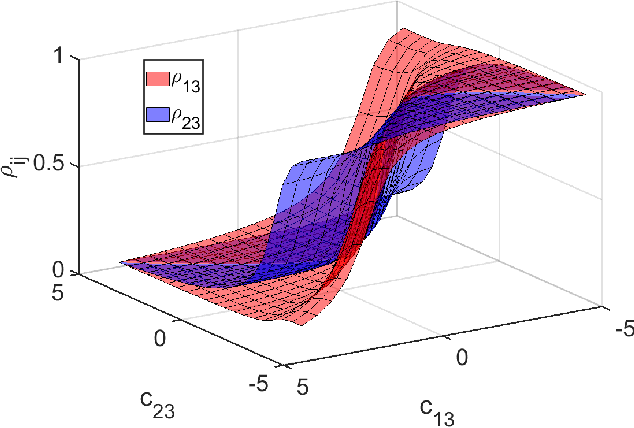
Abstract:Emulators that can bypass computationally expensive scientific calculations with high accuracy and speed can enable new studies of fundamental science as well as more potential applications. In this work we focus on solving a system of constraint equations efficiently using a new machine learning approach that we call self-learning emulation. A self-learning emulator is an active learning protocol that can rapidly solve a system of equations over some range of control parameters. The key ingredient is a fast estimate of the emulator error that becomes progressively more accurate as the emulator improves. This acceleration is possible because the emulator itself is used to estimate the error, and we illustrate with two examples. The first uses cubic spline interpolation to find the roots of a polynomial with variable coefficients. The second example uses eigenvector continuation to find the eigenvectors and eigenvalues of a large Hamiltonian matrix that depends on several control parameters. We envision future applications of self-learning emulators for solving systems of algebraic equations, linear and nonlinear differential equations, and linear and nonlinear eigenvalue problems.
 Add to Chrome
Add to Chrome Add to Firefox
Add to Firefox Add to Edge
Add to Edge